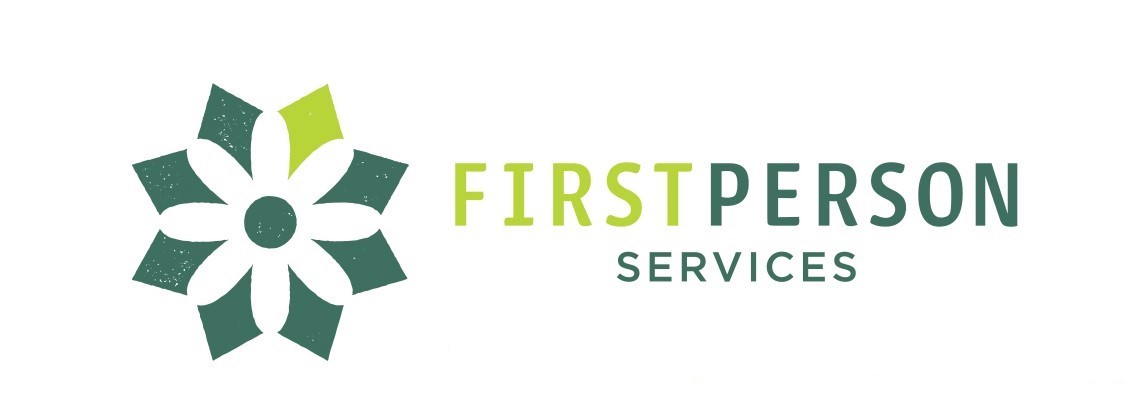In New England we have a long tradition of offering person centered planning options for those who receive services. Whether it involves Positive Futures Planning or Essential Lifestyle Planning many service coordinators around the state know how to convene “community circles” or “circles of support” enrolling many people across the spectrum of someone’s life experience to think creatively and broadly about how to move forward to achieve the vision of an active life in the community. All of these styles of planning are rooted in “person centered thinking”. Did you know that what really matters is not just person centered planning but, more importantly, the comprehensive practice of person centered thinking? The best way to insure that people have self-directed lives within their communities as well as positive control over those lives within services is if those who are around them have person centered thinking skills. This is especially true for those who do the day to day work of direct care. There are many reasons why this is true.
Teaching, imbedding and supporting person centered thinking skills at all levels of our system will help to insure that there are a number of ways to get plans started. Also, updating plans and keeping them fresh takes less time and comes more naturally. It also improves the likelihood that plans will be acted on and positive changes will take place. Unfortunately it is too often the case that the best plans are designed only to be left by the wayside as the demands of daily life distract and undermine the good intentions of everyone involved.
Good planning is based in person centered thinking. It involves a set of values-based skills that help to see the person differently and to build learning over time so that supports are personalized. People have the experience of being at home rather than simply being “in a home”. These skills emphasize listening to what the person and their family wants and helps them lead their own process of planning. Managers and supervisors design roles and responsibilities that take into account both what is important for the person as well as what is important to them and ways to keep those interests in balance. People are recognized for their contributions; what people like and admire about them and what has been learned about the best ways to support them in experiencing good days. Staff are matched with people in a way that makes sense regarding the goals and activities that are of the highest value. A continuous quality improvement process acknowledges the need for continuous learning from the person at the center of services. The way that challenges are addressed also reflect a learning process: taking into account many different perspectives on what is working or not working and negotiating solutions on the basis of relationships that reflect equality and not “power over” those that we are all wanting to support in the best way possible.
Staff, administrators, family members and parents can all learn person centered thinking through workshops designed to introduce these basic set of skills and build networks of positive practice.

